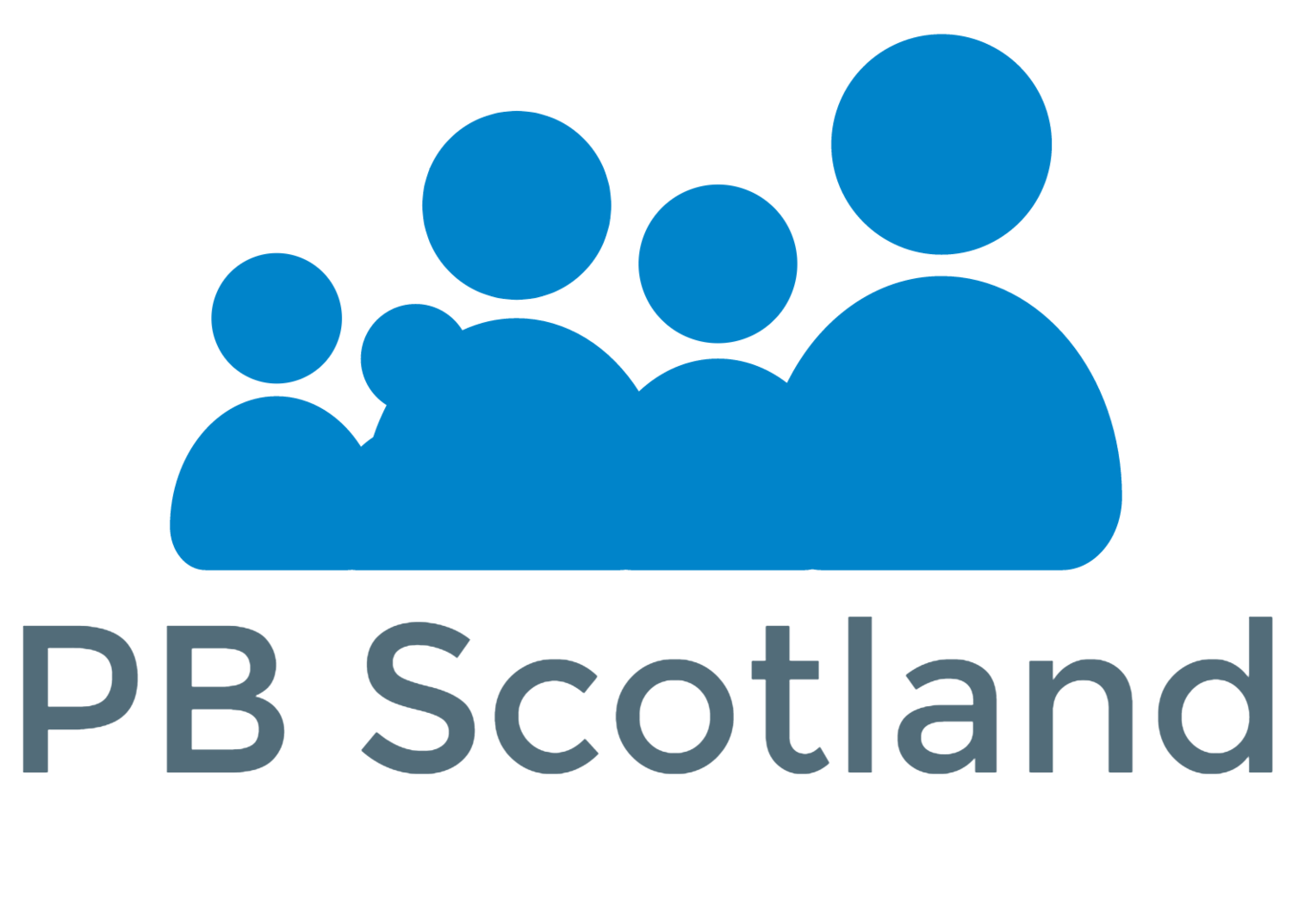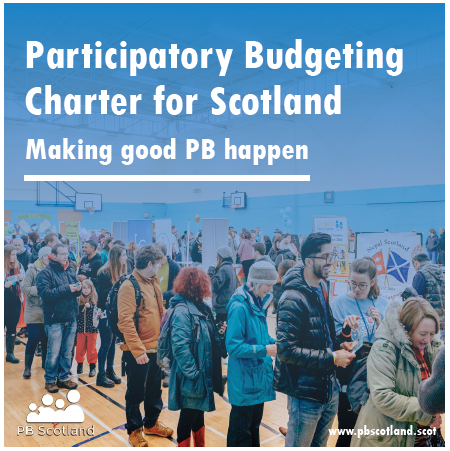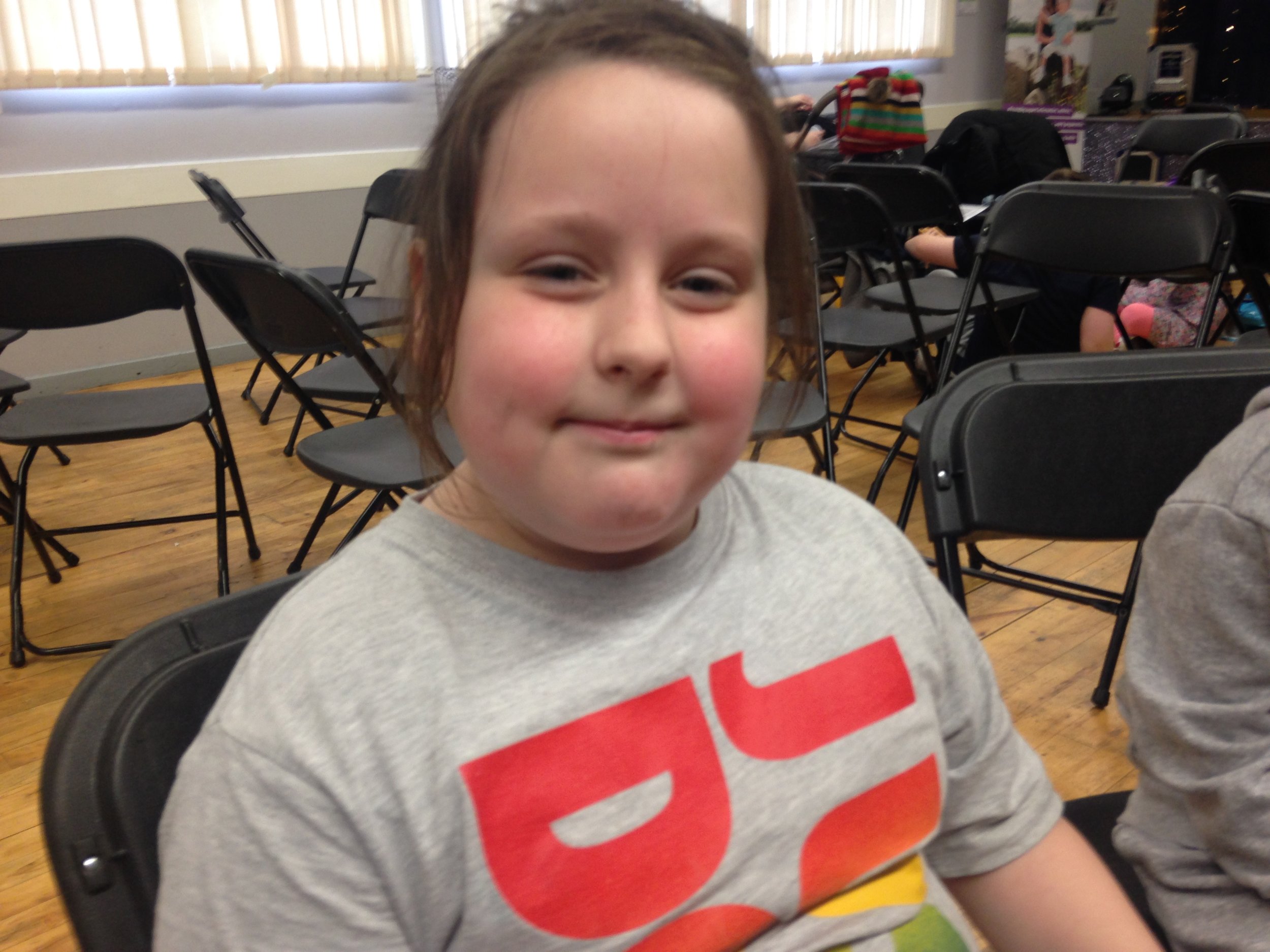PB in Castlemilk: Voting to lower the cost of the school day
/On Saturday 18th March Castlemilk saw participatory budgeting with a twist. They called it ‘community funding’, but rather than being about a community of place this event was about funding for two school communities.
One Parent Families Scotland and Ardenglen Housing Association brought together two communities of interest, John Paul II and Miller Primaries to hear from pupils and parents on how each school should spend £10,000 to help lower the cost of the school day.
The Maureen Cope Hall is a bright, airy community hub tucked away at the very edge of Castlemilk. Throughout the week it bustles with community-led courses and activities but on Saturday it had its busiest ever day as a noisy crowd came together to have fun and vote.
Update, May 2020: A recent inspection report noted: “Commendably, the school has worked very effectively to reduce the cost of the school day for all children. The Child Poverty Action Group has recognised this work as good practice. Training in participatory budgeting has allowed parents and pupils to decide on how to use additional funding.
The school’s work on reducing the cost of the school day has led to all children having a school uniform, parties, discos and events being free, children choosing books for reading for enjoyment for their classrooms and educational and summer outings.”
“If someone told me I’m too young to vote… I’d vote anyway”
It’s probably fair to say that participatory budgeting is still in its infancy in Scotland, with accompanying growing pains. These include some debate about who should be allowed to vote: how young is too young? We’ve been at events with age limits of 8 to 12, while at our International PB conference the Deputy Mayor of Paris told us that Parisians of any age were able to vote in the city’s recent PB initiatives.
Amy
As in Paris, no age threshold was set in Castlemilk, which is just as well because Amy Ingram was there. Amy, a p4 in Miller primary, told us “You should be able to vote if you’re 7 or 8…. or under 20. [If people told me I couldn’t vote] I’d just vote anyway”.
As someone who stood up in front of a crowd of 100 to pitch an idea for funding, Amy was doing a lot more than voting: “I was telling the people about computers for a parent’s room. So that parents have a computer to write forms online. I felt excited to stand up and tell everyone. Not nervous at all.“
Ryan, a P3 in Miller Primary, was fizzing with excitement: “I liked when we got to choose. It’s important that we get to choose. I chose trips, uniforms and afterschool clubs’”
Leah Robertson is Amy’s class mate in P4. Both she and Ryan agreed that “today was excellent”. Leah went on “I voted for school trips, books and more school clubs.”
Chuks and his son
Chuks was at the event with his school age son saw longer term benefits for children: “It’s very nice that children could vote. A lot of times we underestimate children but I can tell you most solemnly that they have minds of their own. They feel very important which is very good for their upbringing“.
While Mary Eardly, with children at John Paul II, injected a note of realism: “It’s good that children voted, they should be allowed to vote as long as they know what they’re voting for.“
“A fusion of fun and community funding”
So how did they do it? Marie Spalding at One Parent Families Scotland has spent a lot of time at both schools and became a familiar figure chatting to parents outside the school gates. Participatory budgeting was an unfamiliar term and a real engagement effort was needed. Once she had enough people on board Marie helped establish steering groups for each of the primaries. These were parents who were brought together both by the promise of extra funding for their school community and in a shared interest in lowering the cost of the school day – particularly in an area in the highest 20% of Scotland’s areas of deprivation.
Catherine McDonald, a parent with children at the John Paul II primary, was part of the steering group: “We should be really thankful for Marie and Fiona for putting in all the hard work to make this happen; they’ve been phenomenal”
Marie Spalding explains the day best herself:
The organisers did a great job of attracting the community along by focusing on fun and by keeping voting simple and accessible. Mark Ingram, a parent at Miller Primary School liked how the decisions were made: “this seems actually quite fair. People are actually getting to have their say. If they don’t like an idea, don’t vote for it. It’s as plain and simple as that.”
Lorraine Booth, Millar Primary’s Head Teacher went on:
“It’s open to more people. If, as a parent, you have reading issues or dyslexia, sending forms to the school is more difficult. Whereas here you are coming along, hearing it first-hand and then you are literally putting a token in a tin and I think more people are involved because of that”.
More than money
Parents’ commitment to contributing to their school community was palpable, but everyone was new to participatory budgeting. For the first time, community members joined to organise a large event and speak publicly to the rest of the community. Although daunting, Catherine McDonald saw the benefits: “It’s been quite educational going through the process, I’ve learned a lot.
Joanna Young, a parent at Millar Primary put her successful presenting down to the preparation work before the event: “I wasn’t expecting to pitch to a full crowd over a microphone. I last spoke publically ten years ago in college, I felt nervous as hell. I was relieved when it was finished. But other than that everything went as we would be told it would, how it was all explained.”
Lowering the cost of the school day
With over 200,000 children in Scotland living in poverty, and one in three children in Glasgow, we risk widening an already existing attainment gap between kids in the most and least deprived communities. In 2016 partners came together to research the issue from a child’s perspective and found that costs associated with attending school leads to stigma and puts unfair pressure on family budgets. They reported on their findings: Lowering the Cost of the School Day.
In Castlemilk, some schools noted a drop in attendance on ‘dress as you please days’, where children donated a pound. One likely explanation for this is that some families find it harder to afford to take part.
A recent PB Scotland Learning event discussed whether participatory budgeting can address inequalities. The main lesson drawn was that PB can be part of the process of addressing inequality, but that a longer, more in-depth, process is required involving dealing explicitly with issues of power, equality and inequality. If done in isolation there is a risk that PB as a whole could actually widen inequality.
Parents and teacher
When asked if this event will help lower the cost of the school day, parents resounding answer was yes!
Lorraine Booth told us “I think this event can definitely lower the cost of the school day because the ideas parents have come up with are about reducing uniform, school book, trip costs. So even if parents aren’t here they will benefit from it.”
Joanna Young tied this back to having children vote:
“We don’t live in their house, we don’t know how to reduce the cost of them going to school – they do. If they need a new school uniform at Christmas but their parents can’t afford one, they should be able to say that this is what benefits me rather than us adults who don’t live in that environment telling them that’s best. Regardless of their age.”
Fiona McGovern, from Ardenglen Housing Association agreed: “today can make a difference. For example, for word book day, instead of parents having to pay £12-£15 for an outfit, children are going to attend the after school clubs to make outfits together, that’ll help with Halloween as well. It’s about cutting costs and bringing it back to basics.”
Fiona identified other outcomes for Ardenglen:
“Today has been a huge success! I don’t think I’ve seen the hall quite so busy. There are lots of people who haven’t been in the hall before with two lone parents telling us that they were going to join one of our groups.
Niall and Melisa
The other positive is, that through working with the parents for this project we have identified two parents who are our tenants and are interested in getting involved in our management committee. Both massive outcomes and I’m absolutely delighted”.
Last word to Niall Porter, P5, pictured here with his sister Melisa:










